Deucravacitinib (also known as JAK1 inhibitor) is a novel drug that has shown promising results in the treatment of certain inflammatory conditions. It has been primarily used in the treatment of rheumatoid arthritis, a chronic autoimmune disease that causes inflammation and pain in joints.
Rheumatoid arthritis affects millions of people worldwide and can significantly impact their quality of life. The disease leads to joint damage, loss of mobility, and severe pain. Currently, there is no cure for rheumatoid arthritis, but various treatment options are available to manage symptoms and slow down the progression of the disease.
Deucravacitinib belongs to a class of drugs known as Janus kinase (JAK) inhibitors. JAK inhibitors work by blocking the activity of enzymes called Janus kinases, which play a critical role in the inflammatory signaling pathways. By inhibiting these enzymes, Deucravacitinib helps to reduce the inflammation and alleviate the symptoms associated with rheumatoid arthritis.
Clinical trials have shown that Deucravacitinib is highly effective in treating rheumatoid arthritis. In a recent study, patients treated with Deucravacitinib experienced a significant reduction in joint pain, morning stiffness, and joint swelling compared to the placebo group. Moreover, Deucravacitinib has demonstrated its ability to slow down the progression of joint damage, improving the long-term prognosis for patients with rheumatoid arthritis.
One of the key advantages of Deucravacitinib over other treatment options is its relatively favorable safety profile. Common side effects of Deucravacitinib include headache, upper respiratory tract infections, and nausea. However, these side effects are generally mild and well-tolerated. In comparison, some of the alternative medications used to treat rheumatoid arthritis have more significant side effects, such as increased risk of infections or liver problems.
Additionally, Deucravacitinib has shown promise in the treatment of other inflammatory conditions, including psoriatic arthritis and ulcerative colitis. Psoriatic arthritis is a form of arthritis that occurs in some people with psoriasis, leading to joint pain and inflammation. Ulcerative colitis is a chronic condition characterized by inflammation and ulcers in the lining of the colon and rectum. The use of Deucravacitinib in these conditions has shown positive results in reducing inflammation and improving symptoms.
However, it is essential to note that Deucravacitinib is a relatively new medication, and further research is needed to establish its long-term safety and efficacy. As with any medication, it is crucial to weigh the potential risks and benefits of Deucravacitinib before starting treatment. Patients should consult with their healthcare provider to discuss the best treatment options for their specific condition.
In conclusion, Deucravacitinib has emerged as a promising treatment option for rheumatoid arthritis and other inflammatory conditions. Its ability to reduce inflammation and alleviate symptoms has shown great potential in improving the quality of life for patients. While more research is needed to fully understand its long-term effects, Deucravacitinib offers hope for those living with chronic inflammatory diseases.

 全部分类
全部分类

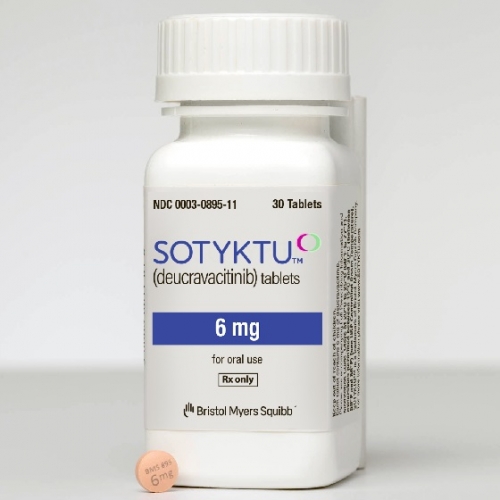
 美国施贵宝
美国施贵宝
 老挝贝泉生物
老挝贝泉生物

 孟加拉ZISKA
孟加拉ZISKA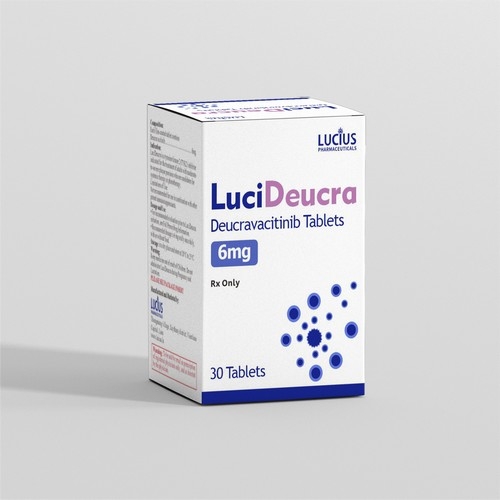
 老挝卢修斯制药
老挝卢修斯制药
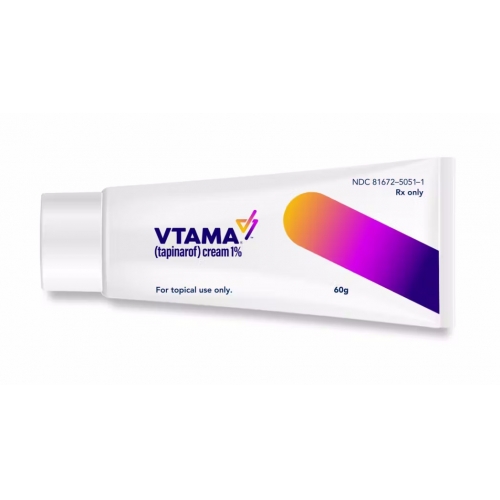
 美国Dermavant制药
美国Dermavant制药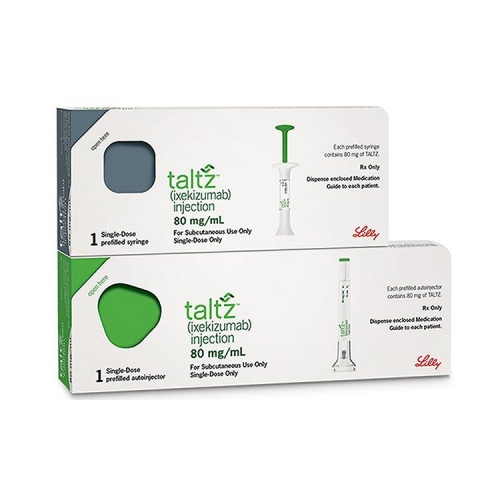
 美国礼来Lilly
美国礼来Lilly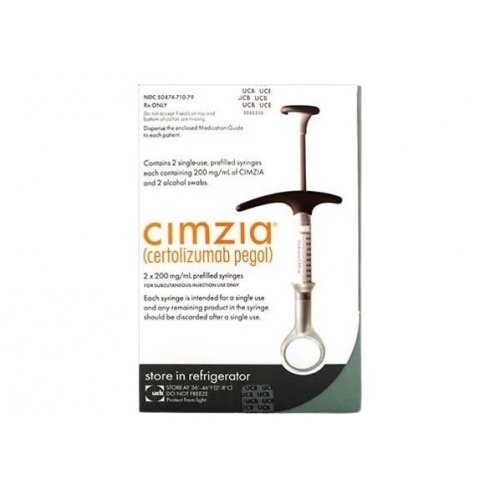
 比利时优时比制药(UCB SA)
比利时优时比制药(UCB SA)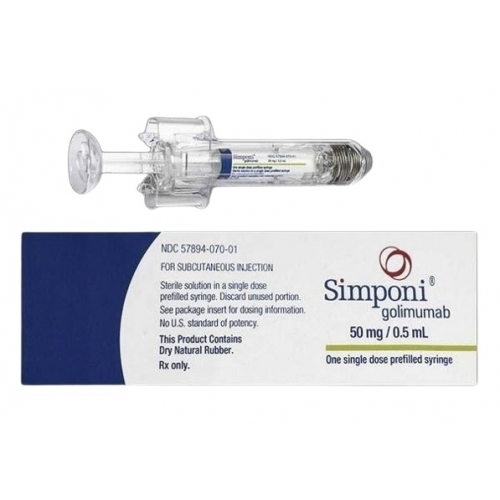
 美国Centocor Ortho Biotech
美国Centocor Ortho Biotech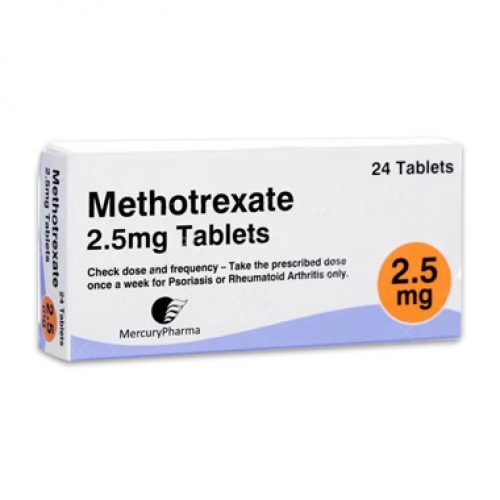
 瑞士诺华制药
瑞士诺华制药


 粤ICP备2021070247号
粤ICP备2021070247号
